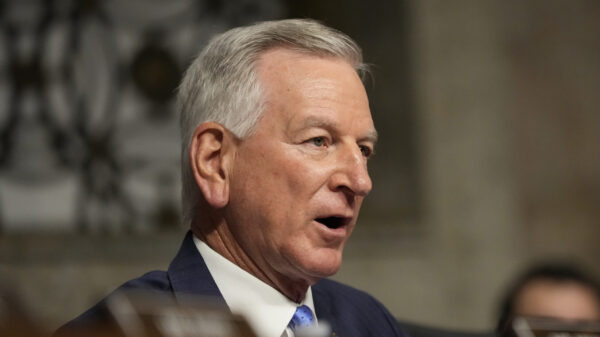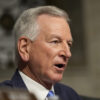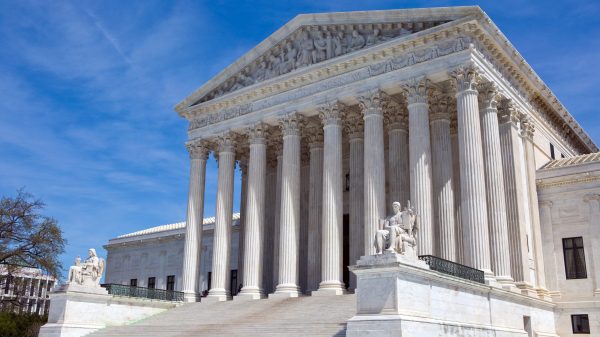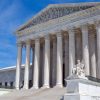Staff Report
In a historic ruling Wednesday, the US Supreme Court tackled a question as old as the Bible itself: Should secular rulers decide whether a religious worker is doing God’s work?
Not even people of faith easily know if one of their own is sincerely pious. And perhaps for that very reason, the high court decided that a religious institution – and not the government – has the sole authority under the First Amendment to make decisions about the employees who “shape its own faith and mission.”
MONITOR EDITORIAL: The Supreme Court and the ‘ministerial exception’
All nine justices agreed that churches and other religious groups are given “special solicitude” by the Constitution to sometimes stand apart from the laws of the land. The First Amendment guarantees both freedom of religious expression as well as no government “establishment” of religion.
In this case, the focus was on whether a teacher fired by a Lutheran church-school could sue under the Americans with Disabilities Act. The court said she could not.
The case did not hinge on whether Cheryl Perich suffered discrimination because of an ailment. Rather, the court had to decide whether the nature and extent of her religious “functions” made her a minister, and thus subject to the church’s Bible-based disciplinary procedures.
The church said she was fired for not sticking to those Christian principles. And the court wisely agreed that it should not even question that judgment.
Yet using the church’s own records and other evidence, the high court found that Ms. Perich was indeed a minister of the Hosanna-Tabor Church in Michigan. And for the first time, it affirmed the “ministerial exemption,” a legal precedent that lower courts have long used to shield religious bodies from employment laws.



















































